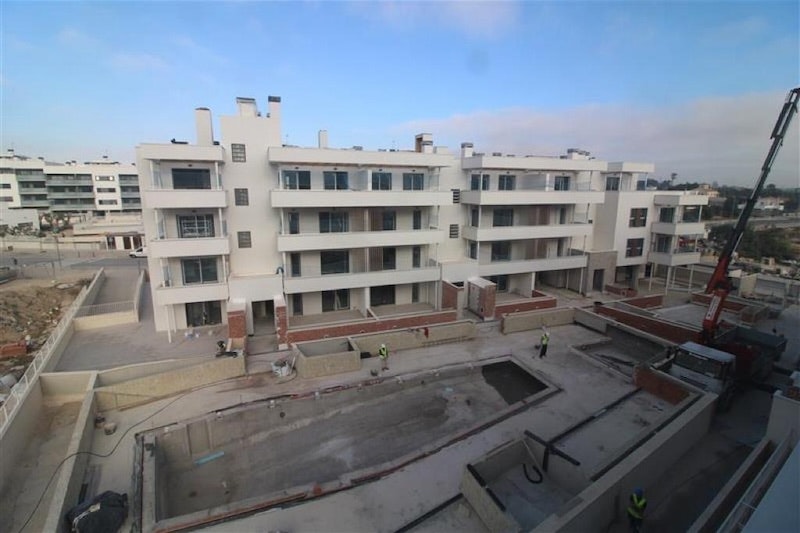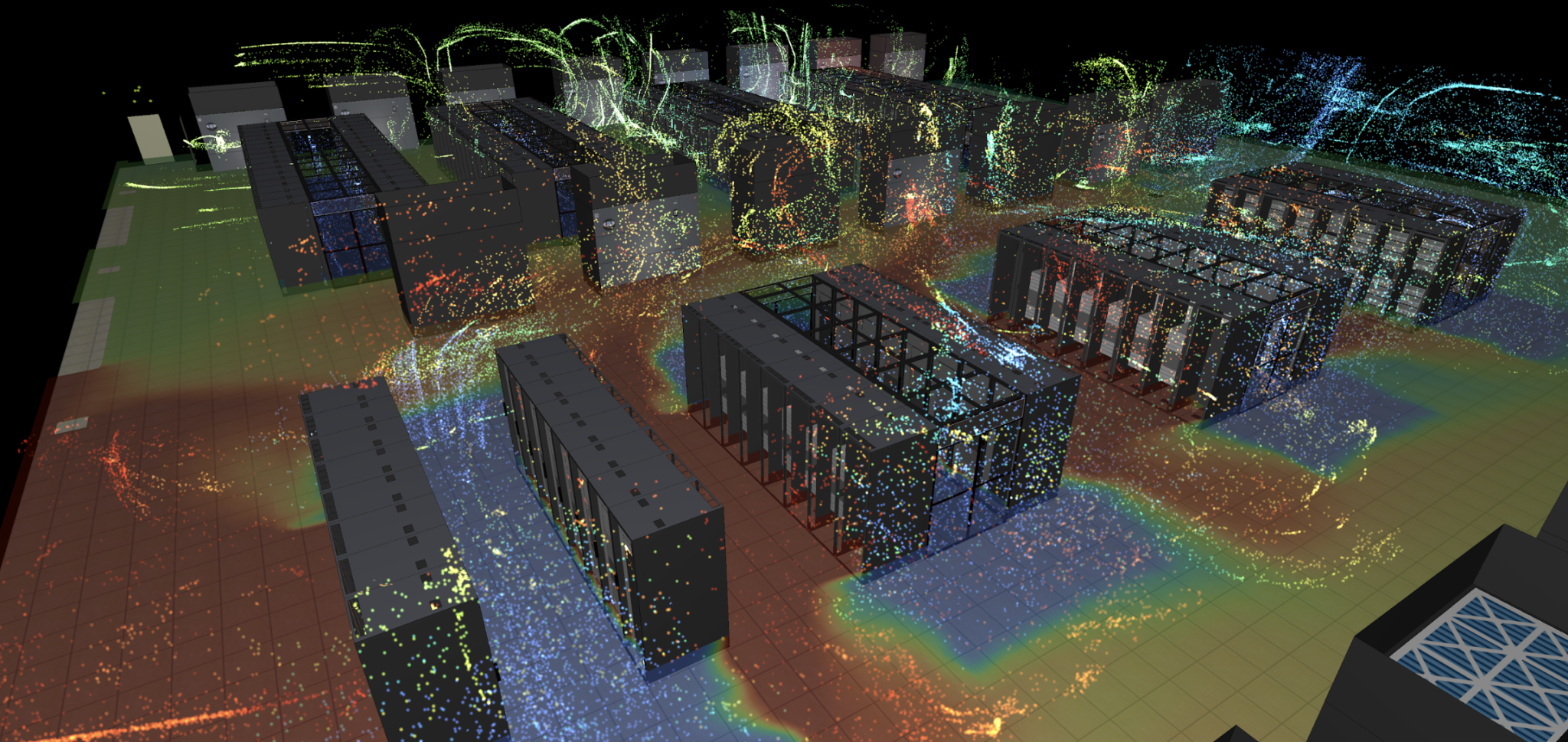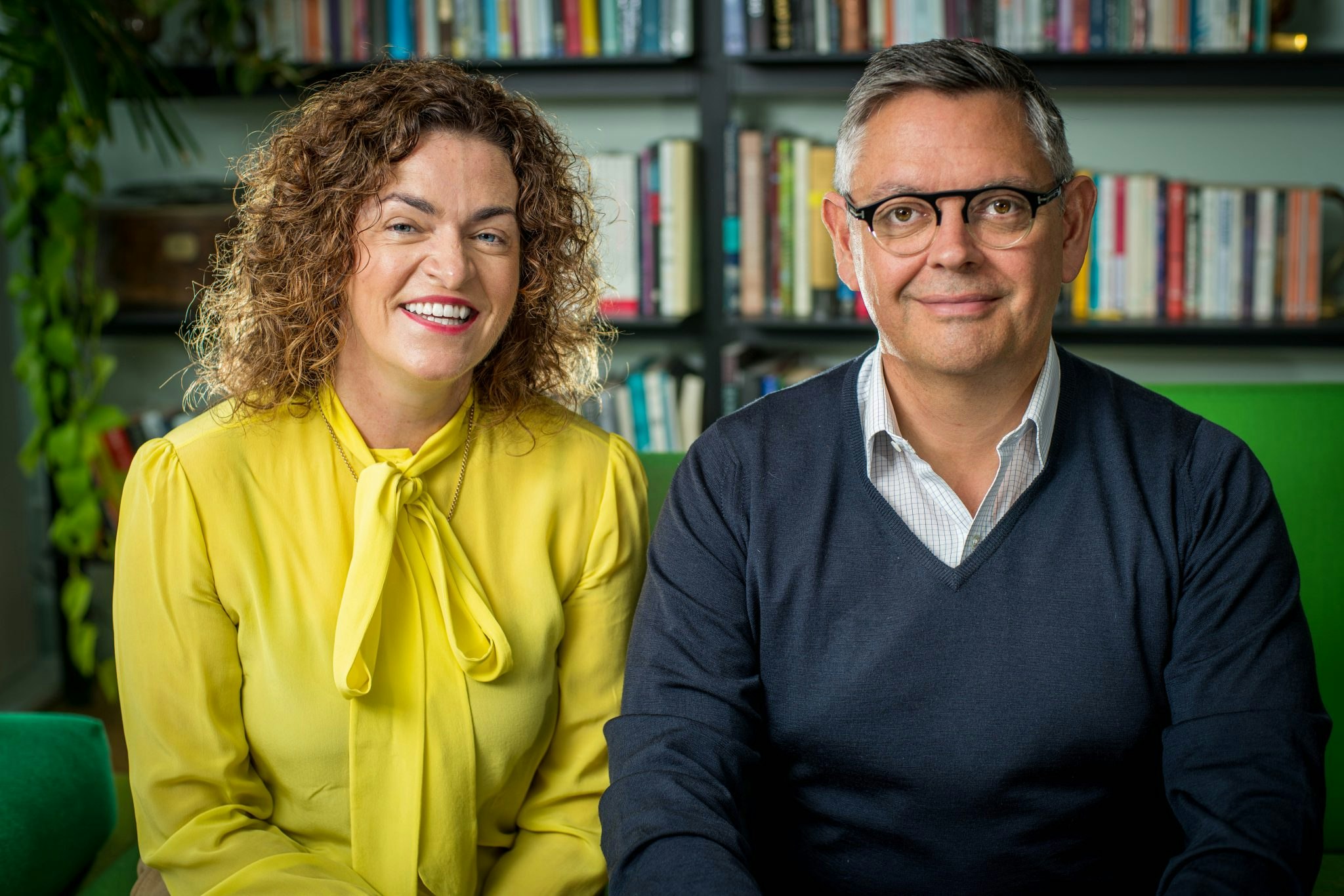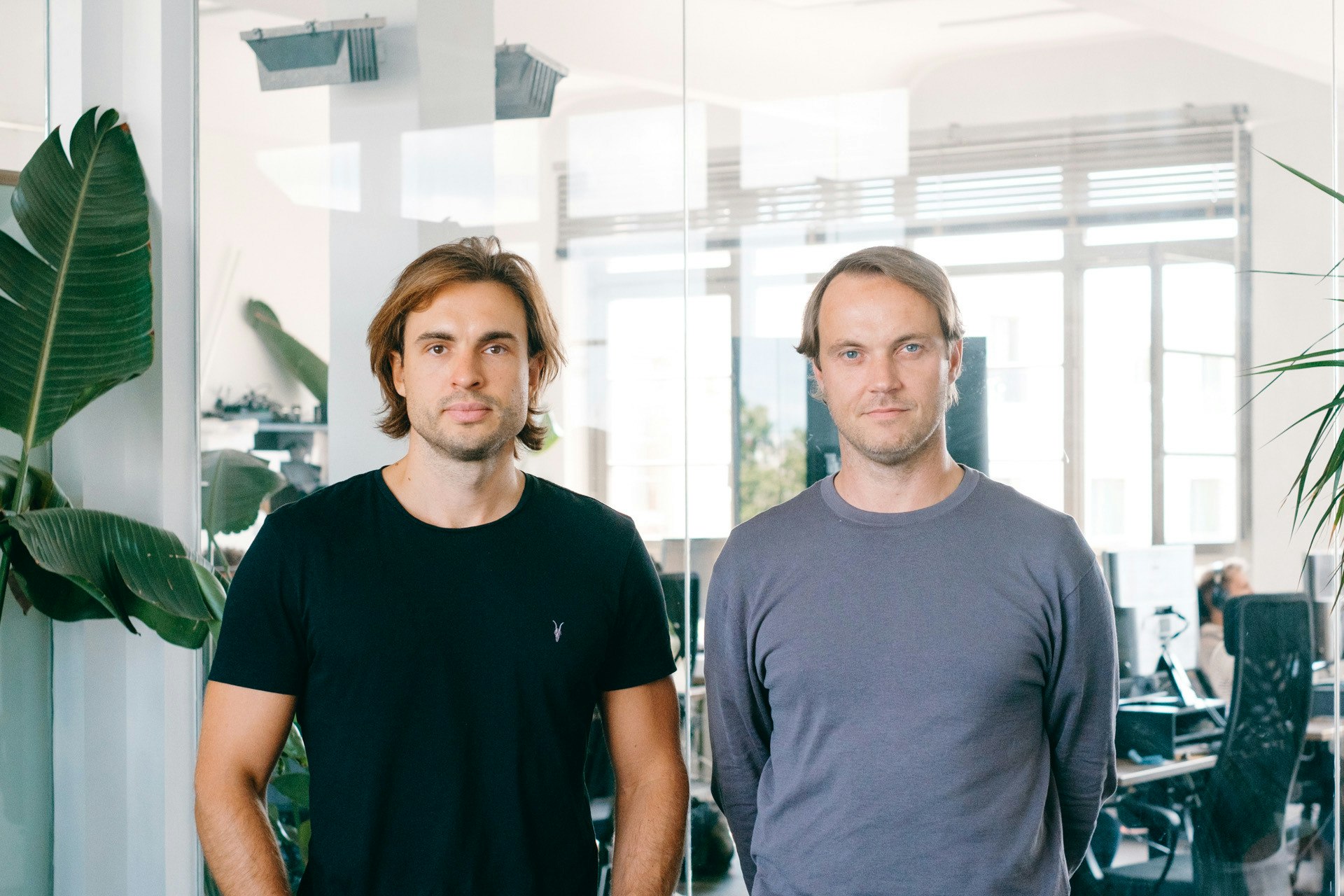The construction industry has been somewhat of a last bastion of non-digital life for years — but startups in Europe are beginning to make a dent in that.
That said, there’s a problem. Most of them are focused solely on software to digitalise specific parts of the construction process, without venturing into building. And those who build are mostly stuck in their ways, with little room for error when experimenting with new tech; operational profitability hovers around 5% among Europe’s construction giants, according to a recent Sifted briefing.
To bridge the gap between the two camps, one startup in Spain has resorted to an unusual tactic: building a startup within a startup.
“I was convinced that to deliver the sort of change the construction industry needs, we had to start from a blank piece of paper, and that was very difficult for large companies,” Lucas Carné, the cofounder and co-CEO of 011h, tells Sifted.
011h is, in reality, two companies in one, structured like a matryoshka doll. On one side is an app to design blueprints of the most efficient and sustainable way to build a building. On the other is an actual construction company that carries out those projects using carbon-neutral materials.
It’s also a departure from the traditional methods used by large, risk-averse construction companies, which still rely heavily on polluting materials such as steel and concrete, and carry out much of their work on site.
The future of construction
011h was founded in late 2020 amid an increasing trend towards the use of prefabrication in construction — which allows entire elements like bathrooms or facades to be produced in a factory and assembled on site, almost like Lego pieces.
All users of the startup’s app have to do is upload pictures of those elements and specify what type of building they want to build and how much time they have. The app then comes up with two or three different designs and the steps to construct the building.
Carné and cofounder José Manuel Villanueva are trying to show the industry that this is the future — by teaming up with private real estate companies to build housing blocks in this way, replacing concrete with timber and using components that can be reused or recycled if the building is ever demolished.
Carné says that after building two blocks in this way, 011h has managed to cut the time required for construction by 40%, with just 4% deviation from the initial budgets. He estimates the CO2 footprint of 011h’s buildings will be 70% lower than those built in the traditional way, over their total lifespan.
Financing
011h raised €25m last year in a Series A round led by Redalpine, with backing from Seaya Andromeda, Breega, Fundamental and A/O Proptech — with half of that money going to each of 011h’s sub-companies, Carné says. He admits persuading investors to pump money into this type of startup hasn’t been easy.
“In normal conditions, we would have had to meet 20 investors to get a term sheet — we had to speak to 100,” he says.
It helped that the pair, who belong to Spain’s first cohort of entrepreneurs that emerged in the 2010s, cofounded fashion ecommerce site Privalia and sold it in 2016 for about €500m. Their experience is now an asset for investors and they’ve become household names in the Barcelona startup ecosystem.
There’s a 40-strong team working on the app that the building side of the company uses — but 011h’s construction company is the only customer the app has so far, and doesn’t generate enough cash from selling or renting on its projects yet to pay the other half of 011h for using the app.
The capital raised last year should last until mid-2025, says Carné, and give 011h enough time to teach the construction industry how to change its processes. The idea, he says, is to eventually target other building companies, architecture studios and project managers.

Overcoming builders’ resistance
“Construction is a conservative and risk-averse industry,” says Carné. “Over the last five years many construct-tech startups have been founded, but it is very difficult to standardise the building process and make it repeatable and scalable, compared with most other products. There’s plenty of risk attached for the builders — financial, reputational and legal — if something goes wrong.”
011h’s six-strong founding team is overcoming that reluctance by building its app’s designs themselves, in-house.
The startup’s first development was a block of flats outside Barcelona, which it managed to complete after persuading a private real estate company to let it build on a small patch of undeveloped land. 011h assumed all the risk, Carné says, and let the real estate company keep most of the profits.
That building acted as a public prototype, allowing the 011h team to show their work to representatives from other real estate companies, investors and architects, with people visiting the site on a daily basis.
“People working in this sector have a not-very-digital profile and work in conditions that do not facilitate digitalisation, often with dirty hands, gloves, outdoors. For them to embrace these new apps, they must be sure they work and they will want others to test them first,” Carné says.
This approach led 011h to another project to build 51 housing units in Alicante, in southeast Spain, which should be finished in six weeks’ time, he says, and another one starting soon in Gerona, in northern Catalonia.
Carné says 011h has also recently signed another project to build 70 flats in the Valencia region, and is now discussing other types of projects, including student accommodation buildings and retirement homes. The goal is to duplicate the number of projects each year, and expand across Europe.


